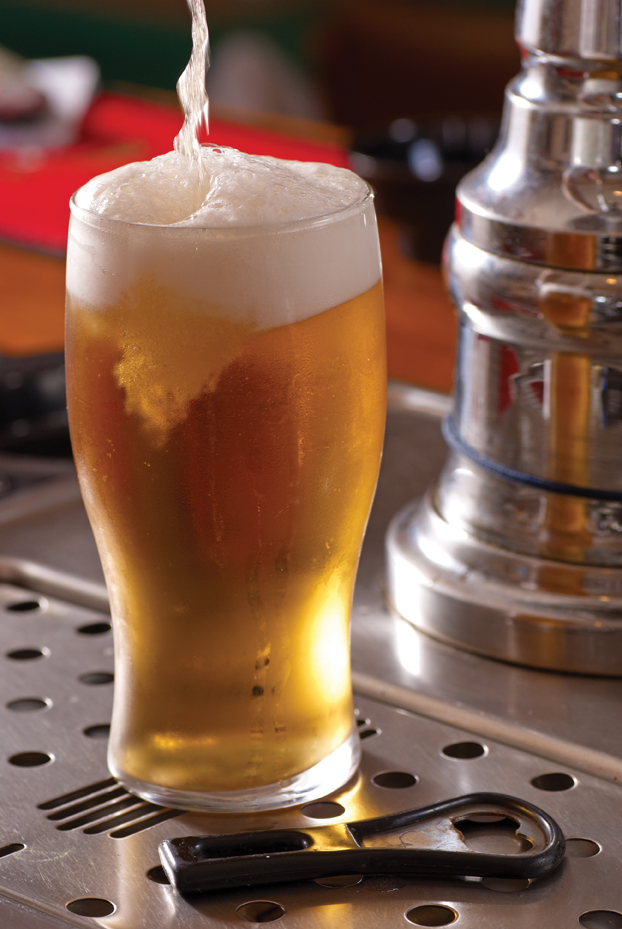Household Bills
Advert banned after ‘free beer’ prank misfires

Beer subscription brand Bier Company has felt the wrath of the Advertising Standards Authority (ASA) after it ruled that an April Fool’s Day promotion was ‘misleading’.
The regulator received 280 complaints about the prank which involved tricking the firm’s customers into thinking they had won a free lifetime subscription to the ‘Bier Club’.
The company emailed customers telling them they had won the company’s longstanding monthly competition to win a ‘Black Card’, which gives them free beer for life.
The email said: “We’re thrilled to share some exciting news with you: Out of all our entrants this month, you are our 4th Black Card winner! Simply follow biercompany.co.uk/BlackCard and use the code ‘SLOOFLIRPA’ to claim your prize now. As a Black Card winner you are entitled to a free subscription to the Bier Club for the rest of your life, including: delivery of 8 beers each month …”
But those who signed up for the deal were later informed by email that the promotion was an April Fool’s Day joke.
The email said: “Congratulations to everyone that used the SLOOFLIRPA code – you may have cunningly deduced that SLOOFLIRPA = APRILFOOLS backwards.”
What people had actually signed up for was a month’s free membership to the club and one box of eight free beers. After that, customers would be charged £22.95 a month.
Customers were provided with an email address through which they could cancel their subscription – but they would forfeit their free beers as a result. Customers who kept their subscription until their free box arrived, would only be able to cancel future payments five days following the delivery.
Bier Company said that consumers had a 30-day period in which to cancel the subscription, which they believed offered ample opportunity to do so if they wished.
The company provided screenshots of what it said the checkout page would have looked like for consumers entering the SLOOFLIRPA code on both mobile and desktop devices. It believed that the screenshots showed that consumers were clearly informed, prior to confirming the order, that that they were agreeing to a monthly subscription service, and that it did not state or imply that they had won free beer for life.
But the ASA dismissed the firm’s explanation and upheld the customers’ complaints.
The advertising code states that promoters must not falsely claim or imply that the consumer had already won, would win or would on doing a particular act win a prize (or other equivalent benefit), if the consumer incurred a cost to claim the prize, or the prize did not exist.
Bier Company maintained that it believed it had complied with the requirements of the code on the basis that the ‘Black Card’ offering free beer for life did exist.
The ASA said in a statement: “The ASA noted that both ads stated that the recipient was a winner, and text in each ad stated ‘free beer for life’ and ‘free beers for life’ respectively. We considered that consumers were likely to understand from the ads that they were the winners of a competition, and that their prize entitled them to a lifetime’s supply of free beer from the advertiser.
“We noted Bier Company’s comments that the sign-up process once the link had been followed required consumers to confirm that they understood that they were signing up for a monthly subscription service, and that the sign-up page did not state they had actually won free beer for life. However, by that point, consumers would already have been misled by the ads into believing they had won a prize, when that prize did not exist, which was prohibited by the code.”
The ASA told Bier Nuts Ltd t/a Bier Company to ensure future ads and promotions did not mislead consumers by falsely claiming or implying they had won a prize.